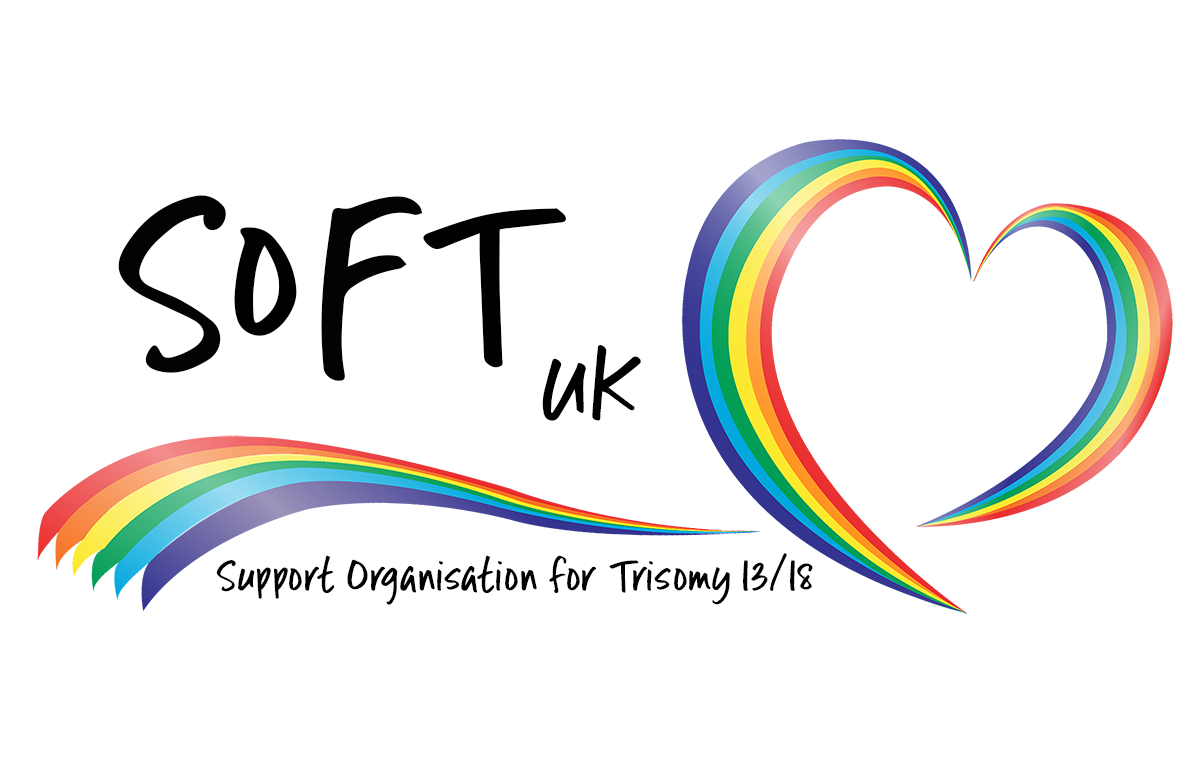Anticipatory Grief
Grief is often associated with the loss of a loved one, but there is a unique form of grief that occurs before the actual loss, known as anticipatory grief. This type of grief is experienced by families and individuals when they know that a significant loss is imminent. It’s a complex emotional process, often filled with a mix of hope and despair, making it challenging to navigate. Understanding anticipatory grief and learning how to cope with it can be crucial for families facing the impending loss of a loved one.
What is Anticipatory Grief?
Anticipatory grief refers to the grief that occurs before death or a major loss. It’s common among families after receiving a diagnosis of a life limiting condition such as Trisomy 13 or Trisomy 18. Unlike traditional grief that follows a loss, anticipatory grief can be accompanied by a range of emotions including sadness, fear, anger, and even relief.
It is important to note that anticipatory grief does not only relate to an impending death, but also the grief of a life that a family envisioned for themselves and their child, and the grief of that future.
The Emotional Journey of Anticipatory Grief
Families have told us that they experience a range of emotions. Here are some common emotions they might encounter:
Sadness and Mourning: Knowing that a loved one is nearing the end of their life can bring profound sadness. Families might begin mourning the loss even before it happens.
Anxiety and Fear: Uncertainty about the future and how life will change after the loss can cause significant anxiety and fear.
Anger and Guilt: It’s not uncommon to feel anger towards the situation, the diagnosis, or even the loved one for leaving. Guilt can also arise from these feelings or from thoughts about what could have been done differently.
Hope and Relief: Families might hope for a peaceful passing or relief from seeing their loved one suffer. These feelings can coexist with sadness, making the grieving process even more complex.
Coping Strategies for Families
Navigating anticipatory grief requires understanding and compassion. Here are some strategies to help families cope:
Acknowledge Your Feelings: It’s important for family members to recognize and accept their emotions. Talking openly about feelings of grief can help in processing them.
Seek Support: Support groups, counseling, or talking to friends who have gone through similar experiences can provide comfort.
Create Meaningful Moments: Spend quality time with your. Creating new memories and cherishing the time can provide a sense of peace and fulfillment. Families have told us how important it has been to them to create meaningful memories.
Practice Self-Care: Grieving can be physically and emotionally exhausting. Families should prioritize self-care, ensuring they get enough rest, eat healthily, and engage in activities that bring them joy and relaxation.
Prepare for the Future: Practical preparations, such as legal and financial planning, can alleviate some of the stress associated with your own situation. Knowing that these matters are in order can provide a sense of control and security.
Celebrate the Life of Your Loved One: Reflecting on the positive moments and celebrating the life of the loved one can be a healing experience. Sharing stories, looking at photos, or even holding small ceremonies can honor their legacy.
Supporting Each Other as a Family
Anticipatory grief affects each family member differently. Open communication and mutual support are vital.
Respect Individual Grieving Processes: Each person grieves in their own way. It’s essential to respect these differences and not impose one’s own grieving process on others. Family members have explained that at times they can feel frustrated with their partner for not grieving in the same way as them, but upon reflection have grown to understand that they are still grieving, but in a different way.
Offer Practical Help: Helping with daily tasks and responsibilities can lighten the load for family members who are struggling emotionally.
Spend Time Together: Family activities and gatherings can strengthen bonds and provide mutual support during this challenging time.
Conclusion
Anticipatory grief is a natural, albeit painful, part of receiving a diagnosis of Trisomy 13 or Trisomy 18. Understanding this type of grief and adopting coping strategies can help families navigate the emotional turmoil it brings.
Other Resources:
In this podcast Becky talks about the lead up to her daughters birth and her anticipatory grief for Heidi:
In this video two mums talk about their experiences of anticipitory grief:
